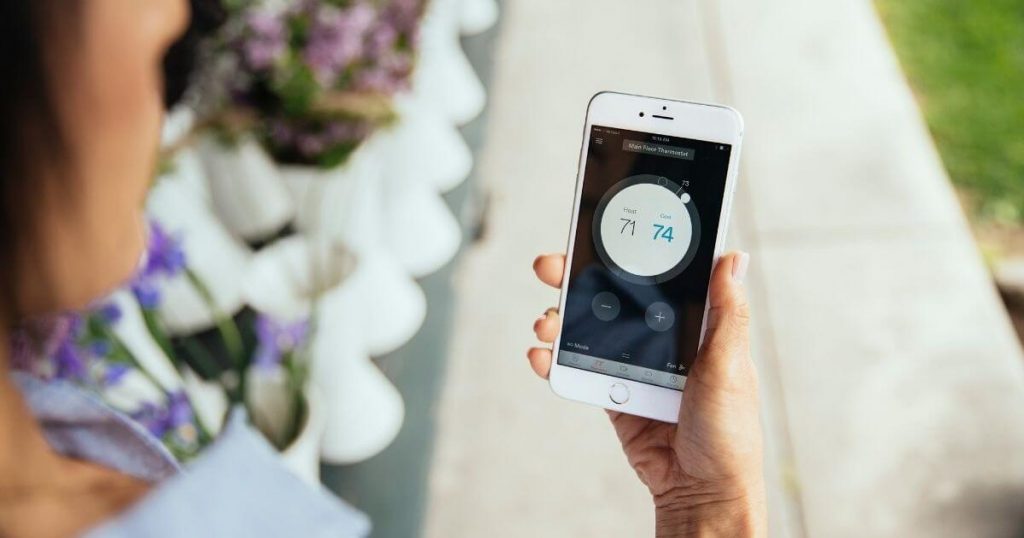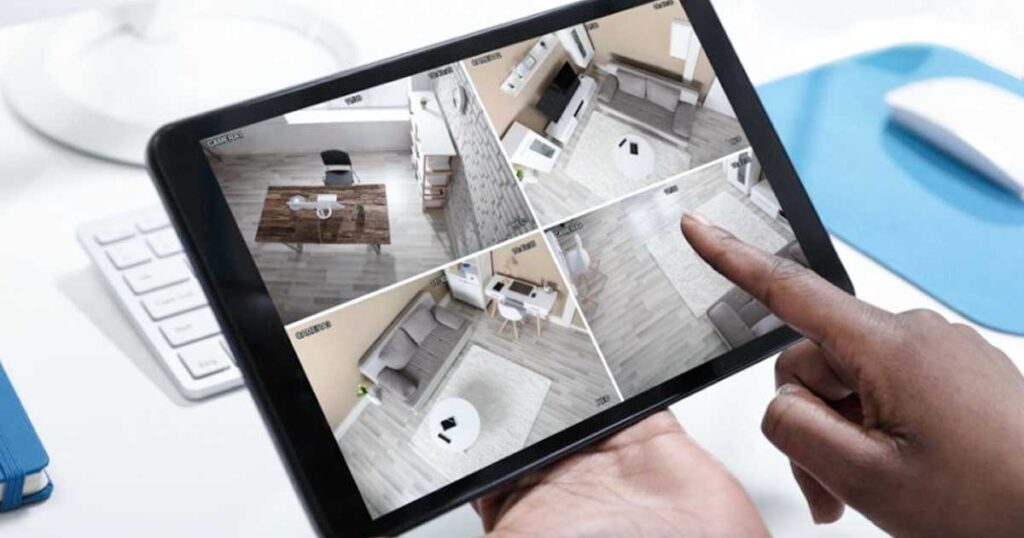There’s still a lot we don’t know about COVID-19 and the coronavirus that causes it. But in recent months, scientists and healthcare professionals have established some guidelines to help keep you safe and slow the spread of the disease.
Face masks have been a hot topic in the coronavirus conversation. We explore different types of face masks, how they work, how to wear them, and how they can help prevent the spread of COVID-19.






